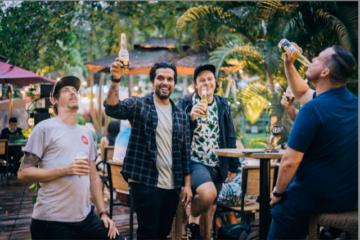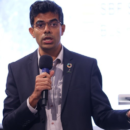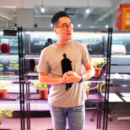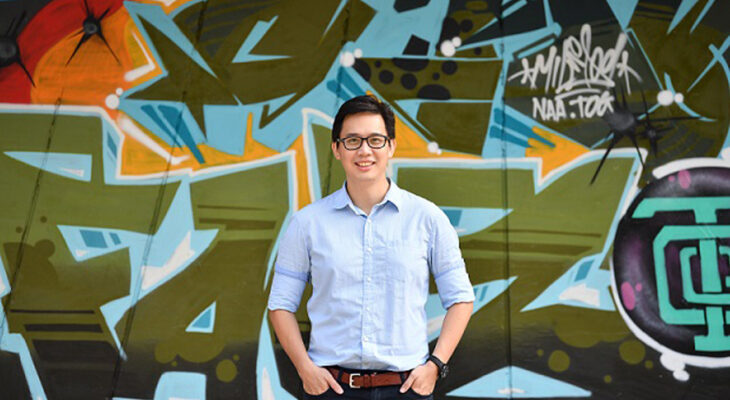
Ya Kun: transforming for the digital age
Jesher Loi, grandson of Ya Kun’s founder, talks about the brand’s transformation journey and its direction for the future
One of Singapore’s heritage brands, Ya Kun has been selling its signature kaya toast and soft-boiled eggs for 75 years with great success. Today, the company has over 60 outlets across Singapore, and a presence in nine markets across Asia. But even an established business like Ya Kun needs to change with the times as new competitors emerge and consumer habits evolve.
Faced with challenges on multiple fronts – from high costs and manpower constraints to intensifying competition – Jesher Loi, the grandson of Ya Kun’s founder, is looking to help his family’s business make the leap into the digital age.
While innovation is key to this strategy, Ya Kun is careful to adopt new technologies that complement its heritage and core values, not replace it. In an interview with BizQ, Mr Loi talks about the need to know your brand well in the face of a fast-changing landscape, and the importance of adopting technology “tastefully”.
What is your role at Ya Kun?
I joined the company eight years ago and I’m responsible for branding and marketing development. This involves overseeing the look and feel of the outlets and other brand touch points.
As part of the younger generation, I also work with the management team to look at new innovations that we can introduce. For instance, in May last year, we rolled out an app called Cherish, which is a digital loyalty programme. Customers can use the app to make cashless payments and earn points. We have signed up close to 100,000 members since the launch.
What challenges does a traditional F&B operator like Ya Kun face?
Challenges will take different forms. In the earlier days, we faced a lot of competition, even in the form of straight-up copycats who took our concept wholesale and just changed the colours.
In recent years, competition has come from food delivery services and the entrance of many Korean and Japanese brands. This has pushed rentals up and also thinned out the manpower that is available. So we have spent a lot of energy on our branding, focusing on what Ya Kun is known for.
What steps have you taken to address these challenges?
I think the key is to know your core product. On the fringes we have expanded our menu but we have not touched our core – whether it’s our kaya toast and soft-boiled eggs, or our comfortable outlets that are available on every corner. But we have to reinforce these strengths all the time.
We have explored technology to see if there is anything that is applicable to us, rather than chase technology just for the sake of it. For example, we attended a fair where a vendor was trying to sell us an egg-making machine that would have improved our productivity. But part of the Ya Kun experience is the nostalgia; which means seeing our staff make the eggs and toast. Singaporeans appreciate this. Maintaining this heritage comes at a cost, but it is important.
So when it comes to technology, most of it has been applied to the backend, whether in inventory, HR or accounting systems. In terms of front-facing changes, these have been more subtle, such as making the layouts at our outlets more efficient.
How did the idea for the Cherish app come about?
We started talking about it in 2017. We realised that physical loyalty cards weren’t popular anymore because no one wants a fat wallet. So we thought we would leapfrog loyalty cards and jump straight into creating an app. Our staff just needs to key in a number from the customers’ app and payment is made. This has helped us reduce our manpower requirements.
This is an example of a front-facing technology we have introduced. But we have to be cautious about what we roll out because of costs. And while new technology keeps emerging, what won’t change is that people will still eat three meals a day. So it’s still about affordability and accessibility at the end of the day.
How hard was it changing the mindsets of staff to adopt new technologies and ways of doing things?
Our aunties who work at our outlet have been very receptive. They are willing to learn and not as averse to technology as you would think. My hope is that the higher productivity achieved will translate into easier working conditions and better pay for our staff. We are thankful that we have a strong workforce. Slightly older, but very solid and with a good work ethic.
What is Ya Kun’s approach to internationalisation?
Our approach is to grow strategically and not to rush our expansion. We are already in nine markets in Asia. It is important that we understand the dining habits and the profile of customers in different markets.
When we were exploring the Dubai market, for instance, we realised that they have lunch at 3pm and dinner at 9pm. And in Myanmar, the workers are so humble and excited to work for a foreign brand like Ya Kun. Every market is different.
We also need to set the right price point. We can’t make ourselves too expensive, but if we make it cheap enough so that all locals can afford it, it’s tough for us to make money. So we need to know where we sit in the market. In terms of the menu, we will let our local partners recommend local dishes. We won’t force soft-boiled eggs on them if it doesn’t work.
Going forward, the idea is to anchor ourselves to grow in the markets we are already in.
What advice would you have for local F&B players facing difficulties growing?
I can’t stress enough that you have to know your brand and be realistic about where your brand fits in a particular market. When Starbucks went to China, they charged a premium, but people were prepared to pay. We are not like that, but we also can’t go too low. So we go in as a Singapore brand, popular but not high end.
Also, be aware that cost drives everybody’s business. Be cautious when you are innovating; you don’t want to be a guinea pig. At the same time, don’t underestimate your own employees when it comes to accepting change. People are more adaptive than you realise.
Finally, don’t shove technology down your customers’ throats. You may think technology that speeds things up is good, but some customers don’t want to be rushed. Shorter, quicker doesn’t necessarily mean better. Technology has to be done tastefully.
If you want to be inspired by more Singapore business leaders, don’t miss our next In Conversation Series on July 18 where you get to hear from the founder of OSIM, Mr Ron Sim, who is also Chief Executive and Chairman of V3 Group. Drop us an email at [email protected] to sign up.






